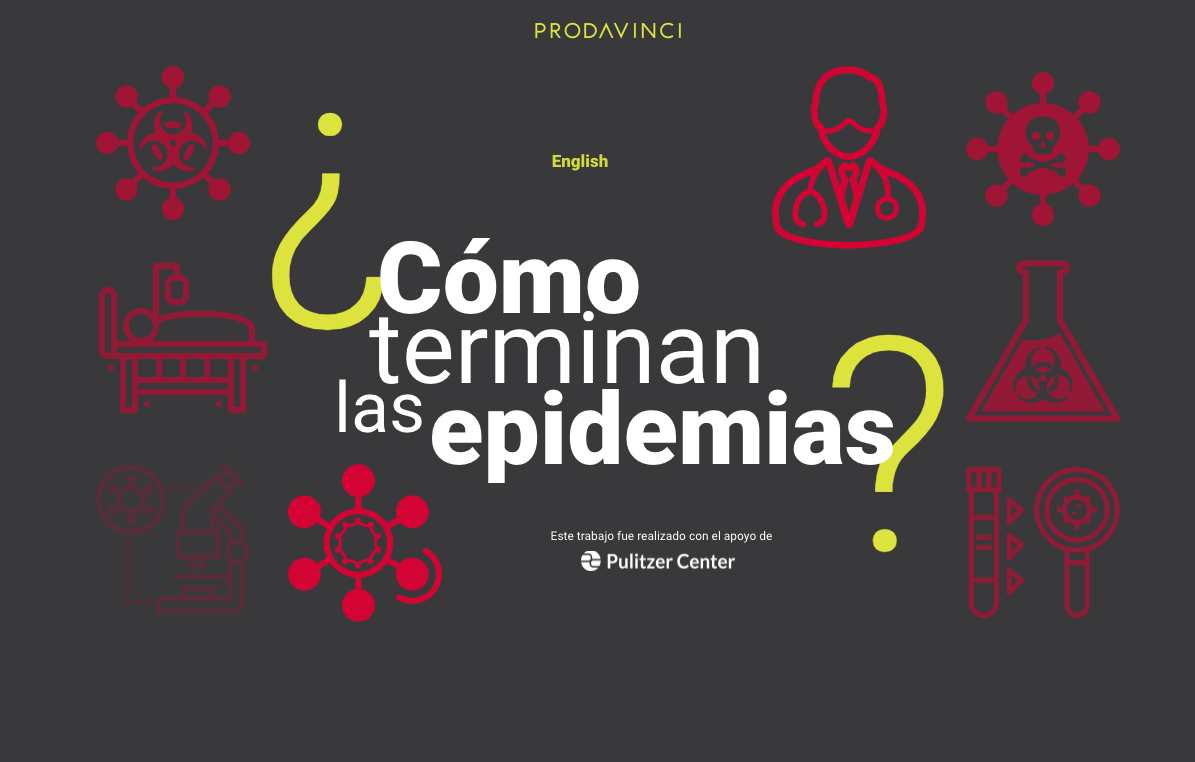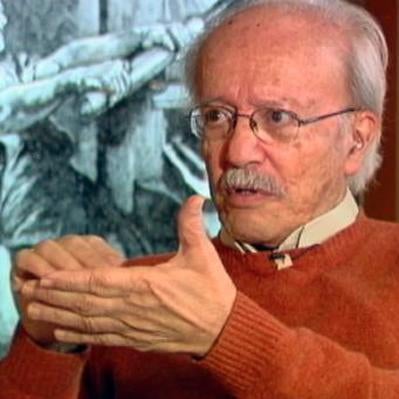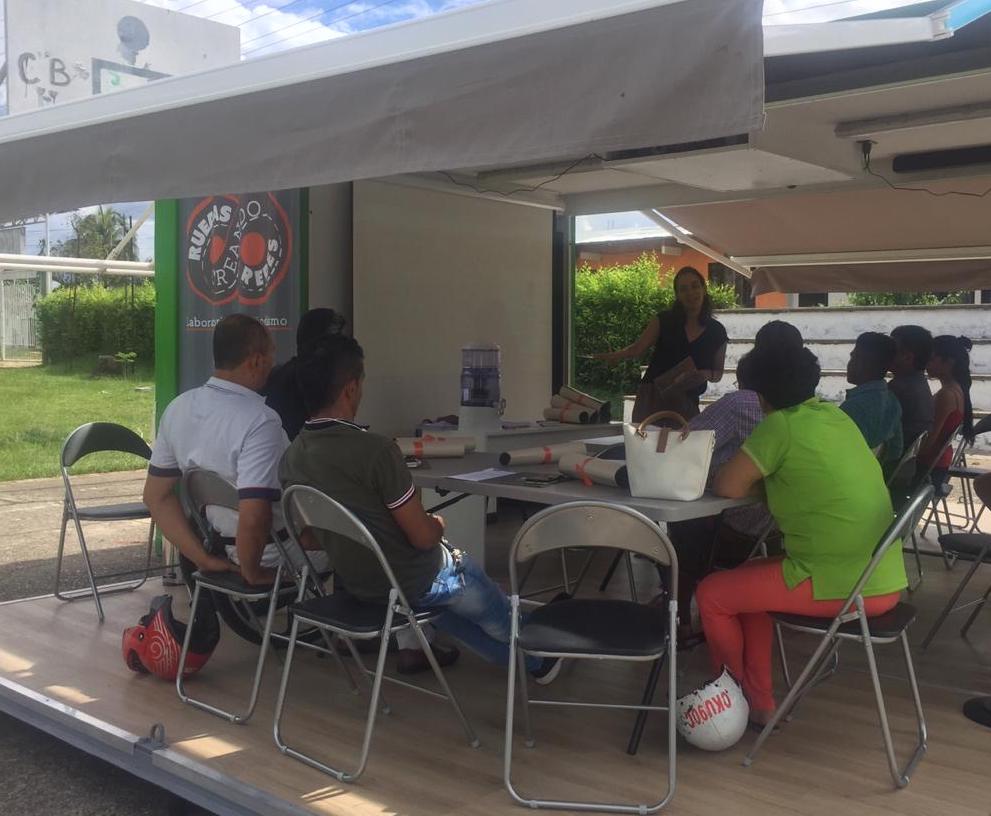
From its media partnerships to training courses and the creation of an award, the Lincoln Institute of Land Policy, a U.S.-based nonprofit foundation, has boosted journalism on urban issues in Latin America. Learn how its support has sparked journalistic stories.

Considering the media crisis in Venezuela, Academia Prodavinci, the educational division of the investigative journalism organization, launched a journalist training program this year. It seeks to train journalists and students in topics such as health, economics and gender inequality in order to contribute to the development of a more solid, contextualized and analytical journalism.

The third installment of the LJR glossary of journalistic expressions introduces words and terms such as bastidor, trascendió, vazamento, leak, filtración, trial balloon, borrego and rowback, among others

Three Latin American news sites are tackling the wave of misinformation with education, focused on training schoolchildren to become critical readers from a young age.

Conoce a tres medios latinoamericanos que están abordando la ola de la desinformación con educación, enfocados en formar a lectores críticos desde sus años escolares.

We’ve compiled a list of well-known fellowships open to journalists around the world, and some in particular meant for Latin American professionals.

He also stood out for his defense of press freedom. In fact, he was director of the Foundation for Press Freedom (FLIP) in Colombia, and was a columnist for the newspapers El Espectador, El Colombiano and El Heraldo.

FLIP felt the need to create a project that would encourage the creation of local information in Colombia. This is how Ruedas Creando Redes was born. It’s a laboratory of mobile journalism that for the next two years will travel to 10 municipalities considered information deserts.
This was the second course on product management offered by the Knight Center. The first, a massive open online course (MOOC), took place in 2017.

Instruction on entrepreneurial journalism is present in just 2.8 percent of universities and journalism schools in Latin America, while that same figure is 20 percent in Spain.